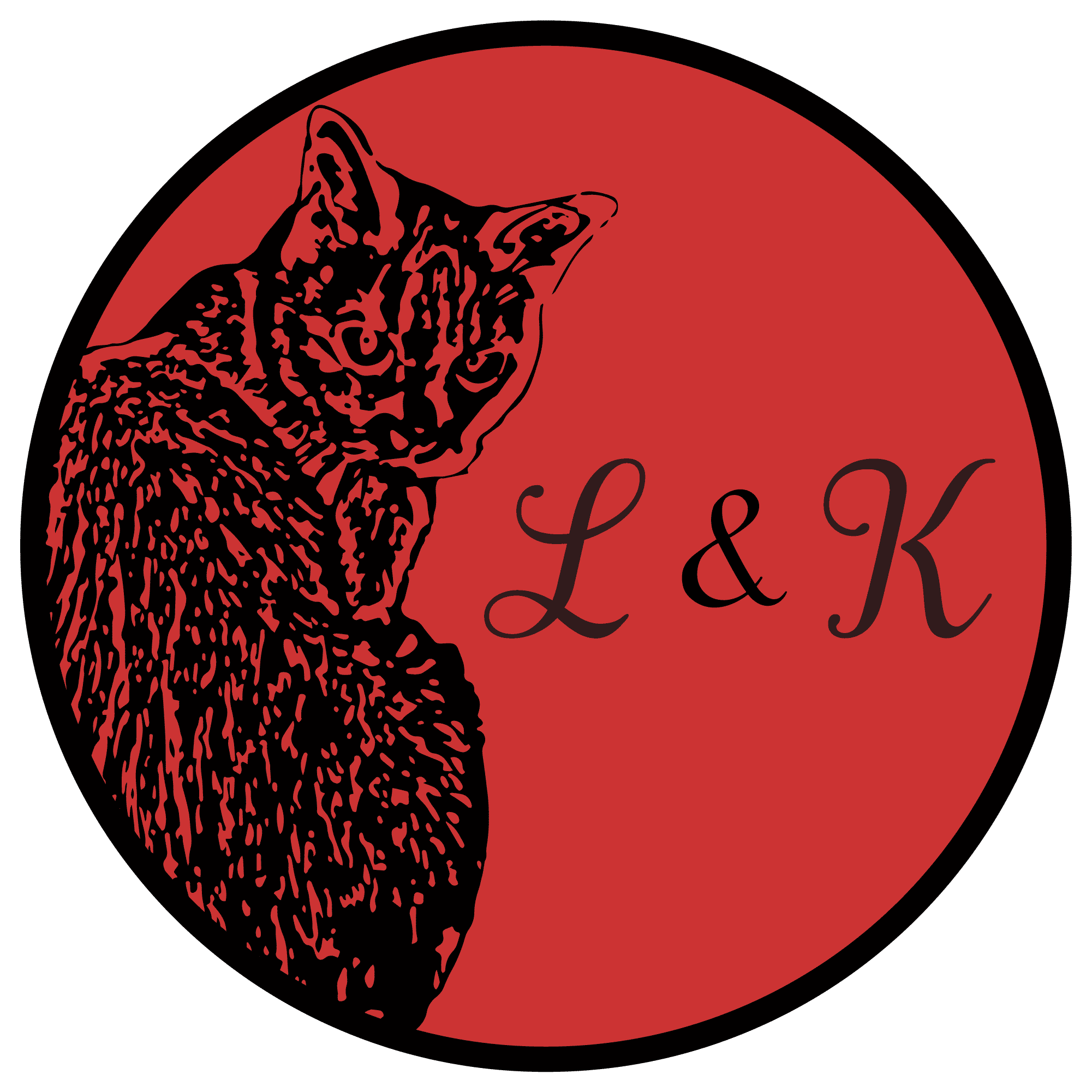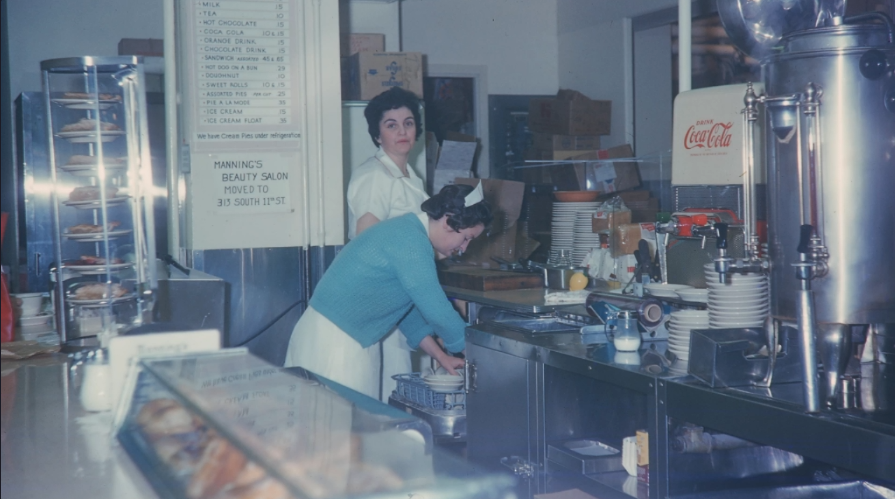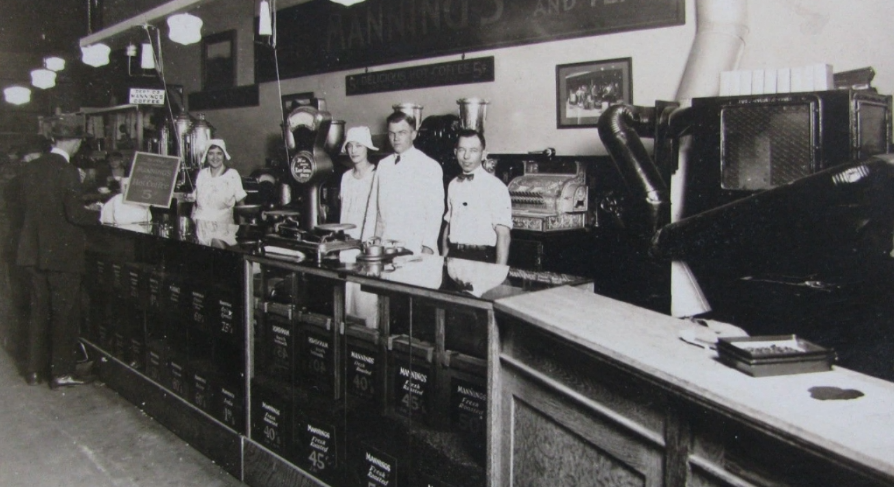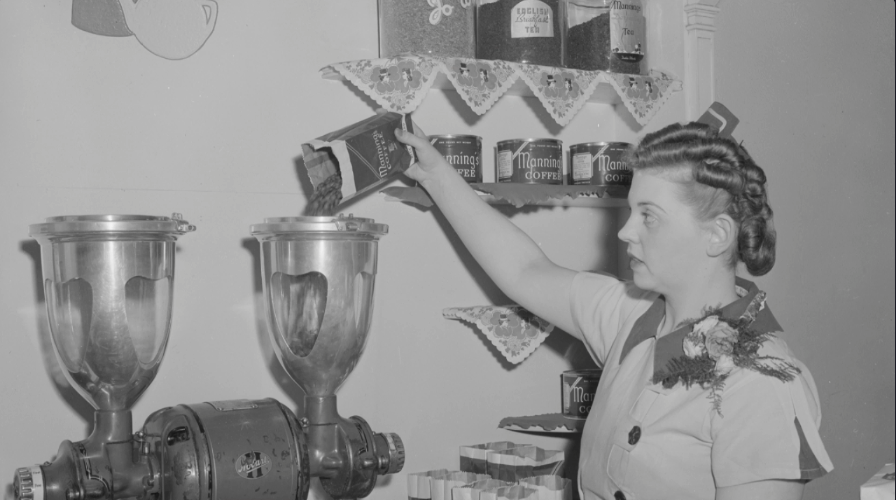By Tracey Pemberton & Mike Elmore
Manning’s:
A Formula for Success
Manning’s provides an excellent case study for how businesses can use tools like marketing, scientific management, product consistency, product diversification, and change management to promote success. Explore Manning’s use of reason why advertising and Google architecture as marketing tools. Learn how Manning’s searched for the best quality coffee beans in the world to guarantee the company’s coffee was always top quality, with consistency from cup to cup.
Manning’s: A Formula For Success
(Print Softcover)
Manning’s: A Formula For Success
(PDF eBook)

Manning’s A Formula For Success
Summary
Coffee. It’s a simple beverage that serves so many functions. Caffeinator, thirst quencher, social conductor… For Manning’s, coffee was the foundation for the company’s success formula. As the company grew from a humble coffee stand in Seattle’s Pike Place Market to an impressive West Coast chain of coffee stores and restaurants, Manning’s coffee, which was sold in grocery stores as well as Manning’s restaurants, was a mainstay for the company’s success.
Our book, “Manning’s: A Success Formula,” tells the story of Manning’s 76 years in business. Manning’s, Inc. provides an excellent case study for how businesses can be profitable while also making ethics central to leadership. Read our book to learn how Manning’s practiced ethical leadership in the workplace, meeting the ethical challenges of leadership and promoting trust and ethics in the workplace. Review Manning’s techniques to make your employees feel valued and understand how to communicate values to employees. Explore how Manning’s recognized the importance of women in the workforce, giving them management positions and perks like maternity leave long before this was required by law. Manning’s employees were treated well, and this was a cornerstone in the company’s efforts to demonstrate ethical and professional behavior in its operations.
Manning’s also provides an excellent case study for how businesses can use tools like marketing, scientific management, product consistency, product diversification, and change management to promote success. Explore Manning’s use of reason why advertising and Google architecture as marketing tools. Learn how Manning’s searched for the best quality coffee beans in the world to guarantee the company’s coffee was always top quality, with consistency from cup to cup. Review Manning’s Formula System, which drew inspiration from a Bell Recipe File Box, to understand how the company developed standardized recipes and promoted the importance of consistency in food service as a key to the company’s success. Learn about the Hansa House, as well as institutional feeding, and understand their roles in Manning’s product diversification and change management.
Manning’s story includes powerful role models like Edward Manning, William Manning, Marty Brill, Anne Ludden, Ruth Miller, Gertrude Frederick, and Winnifred Young. Restaurateurs like Walter Clark and Norm Sawicki are featured in Manning’s story, and the book includes details about the history of Seattle’s Pike Place Market.
Manning’s story is an in-depth look at the elements necessary to launch and maintain a successful business venture. It is a rare business that can provide a quality product, treat its employees fairly, and engage in sound business practices, while creating the emotional connections that allow customers to be a part of the brand experience. This was Manning’s formula for success. In this book, we explain how the company did it and offer suggestions for how other companies can mimic Manning’s success and do it ethically.
Locke & Kant Blog
Follow Along
Ethics and Business? Using Sustainable Business Practices, Manning’s Demonstrated How to be Ethical AND Successful
In 1908, Edward and William Manning launched Manning’s, a successful coffee and restaurant business that operated for 76 years. At its peak, the company employed over 800 people and operated over 65 coffee stories, cafeterias, and bakeries on the West Coast. In...
Manning’s: A Case Study of Best Practices in Business Management
Business Success Rates Building a successful business is challenging, and every year, businesses around the world fail. Even a business that manages to survive for a few years is not guaranteed to be a long-term success. For example, according to the U.S. Bureau of...
Women Helped Propel Manning’s to Success
Manning’s was a successful coffee and restaurant business that implemented best practices in business management and operated for 76 years. Edward and William Manning, the brothers who founded the company, adeptly applied sustainable business practices, and developed...
